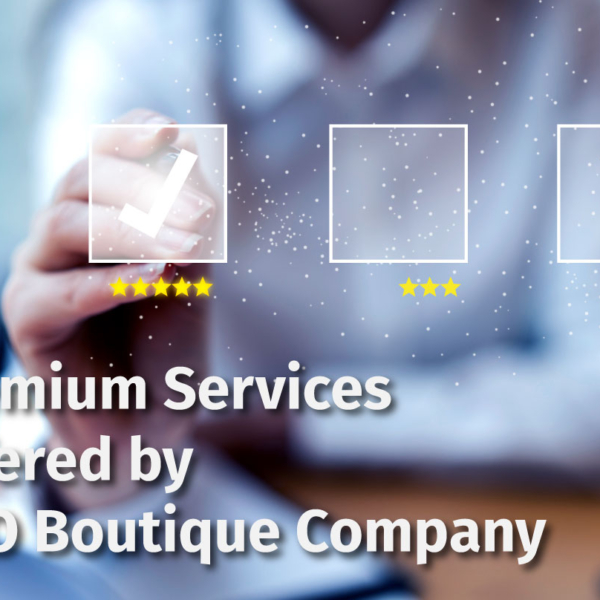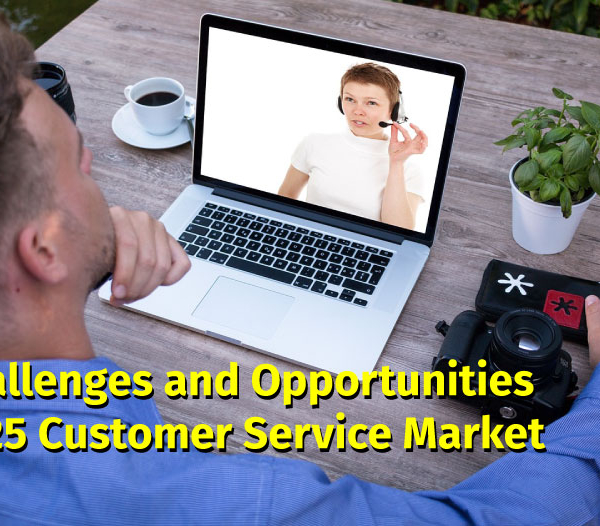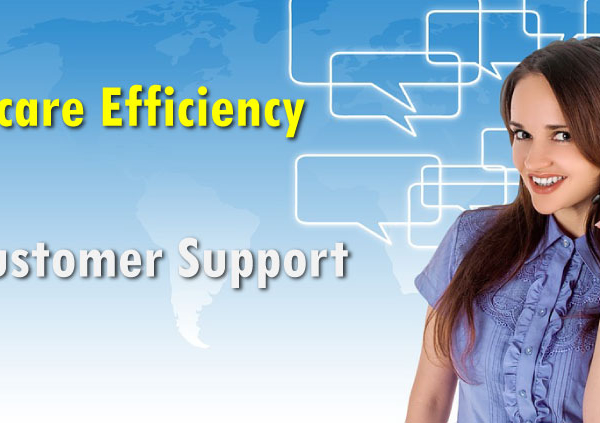1. You chose to coordinate a Romanian company. How was the cultural shift, was it easy for you? How about the organizational culture?
We talk business to business, but we serve people with needs.
I have enjoyed and gained a lot of experience and understanding of various cultural attributes associated with a diverse range of people over the course of my career. Cultural fit was certainly a key consideration in my decision to join Euroanswer. I already had several years of leading a Romanian company in Bucharest under my belt, so I knew to a certain extent some of the highs and lows of what I was letting myself in for. However, I did insist, before taking the assignment on spending a week, travelling and meeting the teams in all our Euroanswer delivery centers.
What I was looking for I certainly found in Euroanswer, it consisted of those shared values, beliefs and attitudes expressed by a cross section of people. I asked them to answer three simple questions to help me gauge whether this was a team I could relate to and if I could contribute and add value:
Tell me 3 things that Euroanswer do well, 3 things that Euroanswer should change and 3 things that Euroanswer should stop doing.
The answers demonstrated that they felt valued in their work, wanted to provide an exceptional service to both their customers and their internal colleagues which is vital for a thriving culture. There was a palpable sense of wanting to learn, to develop and to improve and a very strong commitment and sense of teamwork and employee engagement.
I still have many of their answers that I occasionally review and refresh to help keep and leverage our own emergent Euroanswer culture, but also to develop appropriate strategies to eliminate those aspects of culture that detract from our ability to align on a culture that will make or break our success.
2. What should a people manager do? Tips tricks, actions, pieces of advice, main qualities, values.
A good people manager needs to connect with people on a human level. With that goes a whole list of qualities and attributes from great communications skills, ability to build and maintain trust relationships, patience, active listening, empathy.
In terms of tips & tricks or pieces of advice I offer to individuals aspiring to be a people manager or leader, is to start with the ability to manage themselves and relationships with others. To understand and build the specific competencies associated with emotional intelligence – Self Awareness (ability to read and understand your own emotions and the impact they have on work performance), Self-management, social awareness and Social skills. By building and mastering these essential competencies, a manager/leader will begin to understand how best to leverage various leadership styles and get the best performance out of their teams. It’s a long-term commitment that requires continuous effort to enhance and maintain but it pays off with surprising results.
3. Is there a magic key for working with multicultural teams?
No I don’t think so, I think you have to treat people as you find them. Show them you respect them and are ready to work with them and then be open and listen to your teams, let them give you the benefit of the skills and knowledge you hired them for.
4. Who/what inspires you? Why? Which is the first thing on your mind every morning?
My late father was always someone who inspired me. As a small child I have vivid memories of him riding his motorcycle through impossible snows to get to his job in the next city. He taught me a lot about responsibility, and the need to actively pursue a strong work ethic in all things you put your mind to. He got me my first job and showed me that you should do the hard things in life to appreciate the easier and more creative things that we all like to do.
I think above all “why” he inspired me is because he never stopped coaching or mentoring me, his questions were challenging and revealing, it forced me to think through and evaluate my intentions.
What is usually on my mind first thing in the morning is whether I have some fresh milk in the fridge for breakfast, and there must be an easier way to get a good cup of breakfast tea in the morning without having to get out of the bed.
5. Are there ‘’must know’’ things to follow to be successful? Could you recommend some best practices?
“Must Know” things to success are many and interconnected, maybe the ones to start with is yourself. Learn to accept who you are and what you contribute. Encourage development of your teams and help coach for success and celebrate support for setbacks. Be tolerant and fair to inspire confidence and structure – but above all remember to be yourself – it should be why you were hired in the first place 😊.
6. What would you tell a young manager? What kind of advice would you give him/her?
Work Hard and with integrity, think about the “end to end” nature of what you are trying to achieve in building your career plan. Get all the experience you can, it’s often more valuable than the compensation you expect to receive – but because no one person is indispensable, you can lose what you are doing today, but no one can ever take that experience from you and if you have nourished it with your very best effort, you will secure your piece of mind and one day get what you are working towards.
7. What was your professional dream as a teenager? How far did you stray from it?
I didn’t have a professional dream as a teenager, I enjoyed my years for too much to worry about my future when there were so many milestones to be had – able to ride a bike, getting a provisional driving license, being able to stop looking over my shoulder when I went for a drink at the bar. Its not that I strayed from a dream – more that I needed to find out what I wanted to do and discover what it was that I could be good at it.
8. If you could, would you change your job for another one? For which one? Why?
Yes – in a breath – I would want to be a Michelin star Chef only I don’t want to run a restaurant per se. I cannot cook at the level I would like to and I would just love to see the perfect dish when I walked round a supermarket – instead of packets of dusty looking powders and rather raw meat or fish products on sale. It’s got to be the best job going, hasn’t it?
9. What do you think about the new generation? (Millennials and Gen X)
Immediately wary 😊 . Why do we label people for marketing or managing? It makes me think of the future and the speed and acceptance of technologies. It hints at ease with gadgets and devices and promises a better breed even younger than I care to think about.
10. When you first think about them, do you see end-customers or possible employees?
I see both. We have end user customers who are consuming support channels differently from generation X’s before them and across as many devices that are being marketed at them (watches, fitness devices, phones, Vehicle integration). Equally I see my teams interested and active on Social media, and providing and consuming support via chat channels and automated AI channels. Both consume and understand how to get just in time support through familiarity and a learned response to trial and error.
11. How do you feel about the new technologies infiltration in contact centers: digital communication and AI?
Technology has always been my weak spot, I can’t help but absorb all that’s out there in the market and wonder at what we can build these days with a combination of both physical and Cloud based services available to us. I try and keep my self-grounded and follow closely how different organisations consume its features, I have seen some great uses of technology and automation tooling, but also experienced some horrible experiences with AI Chat Bots and poorly thought-out implementations.
Great Customer experience demands scalable integration across your support channels. Many of today’s tools address 30% of those needs or lock you into a tool architecture you may never use its full capability. Its important to know who your customer base is and implement only those tools that will add value to your support flows and how your customer base prefers to interact with your business.
12. How do you see the future of customer operations industry? (in both BPO and contact centers)?
I still see a very strong industry, with a need for experienced customer service agents. As automation and Artificial Intelligence matures and finds its place into many different and diverse support channels, I see service agents that will be operating and still providing the last line of exemplary customer experience in addition to an entire range of new skills required to integrate with AI Chat bots, and automated interactions from social media channels and mobile devices. Skills to deploy and maintain, report and analyses consumption. Add languages to that mix and I am excited to be working in this industry, there are exciting career opportunities to those who enjoy working with people and engage in the technologies the future brings us.









